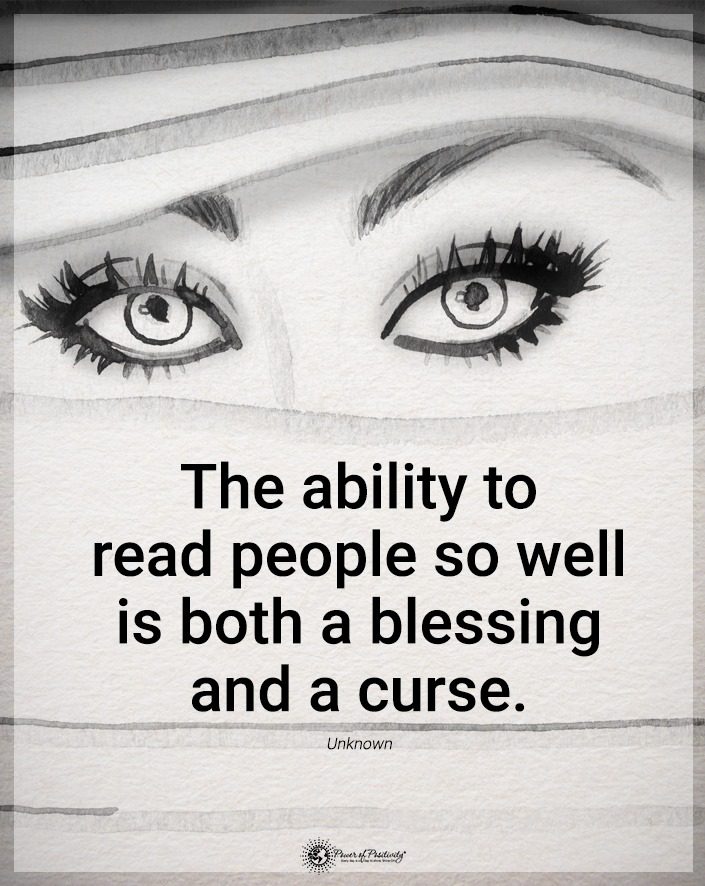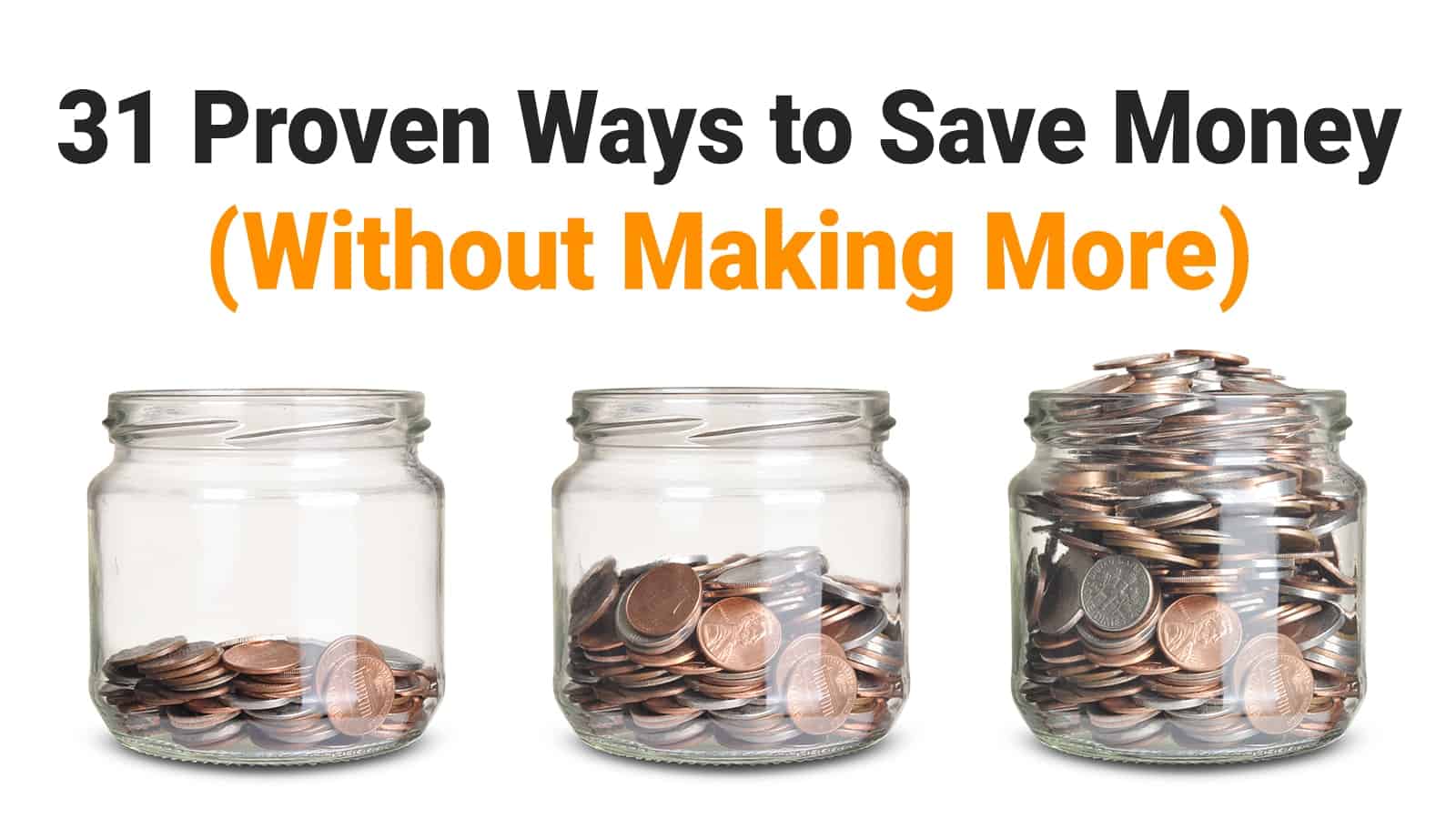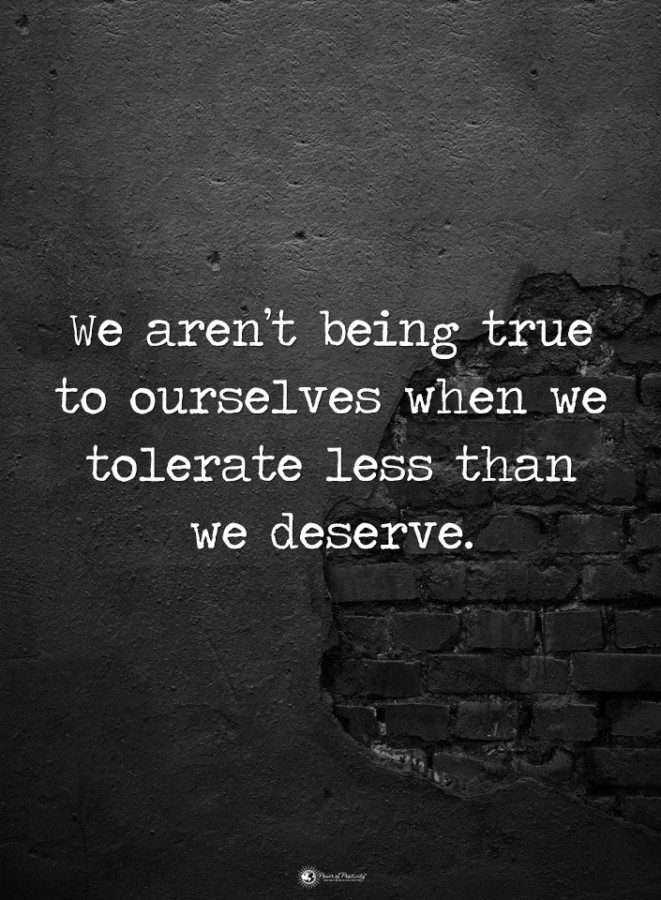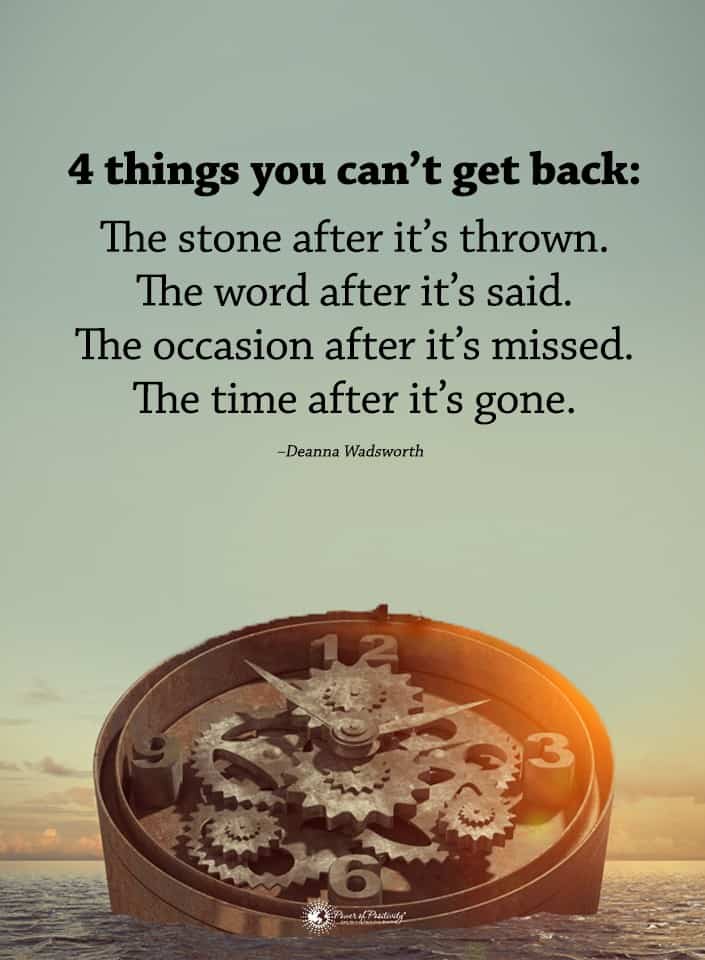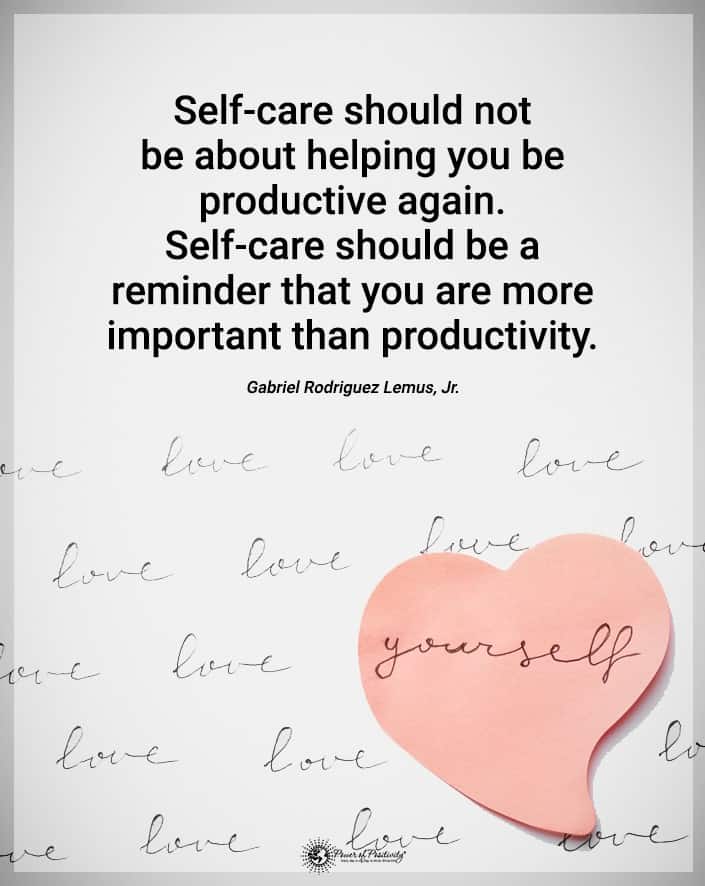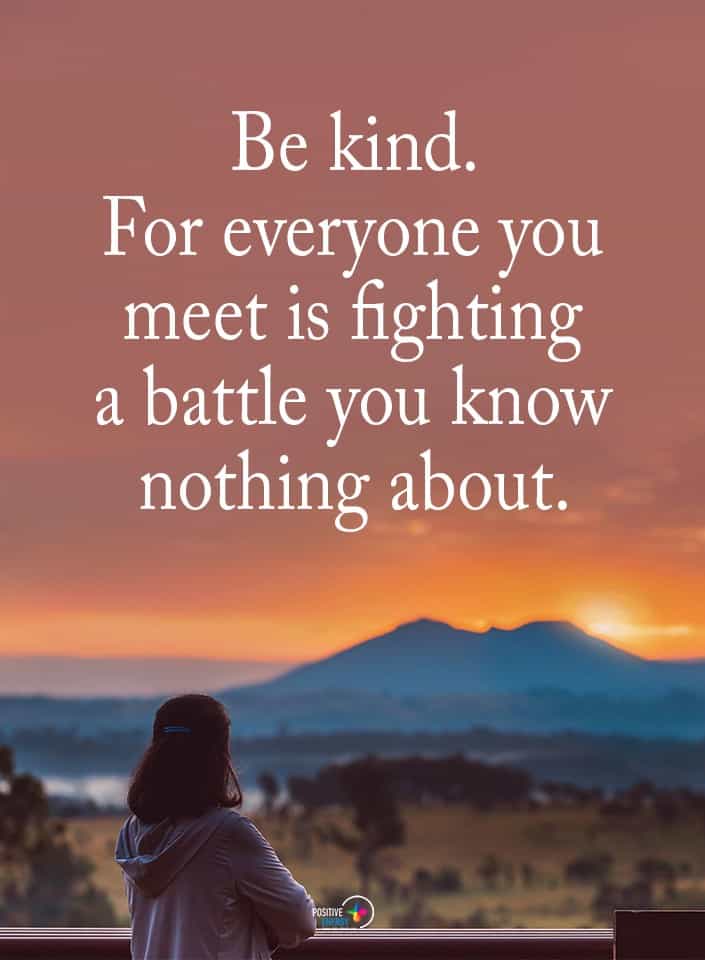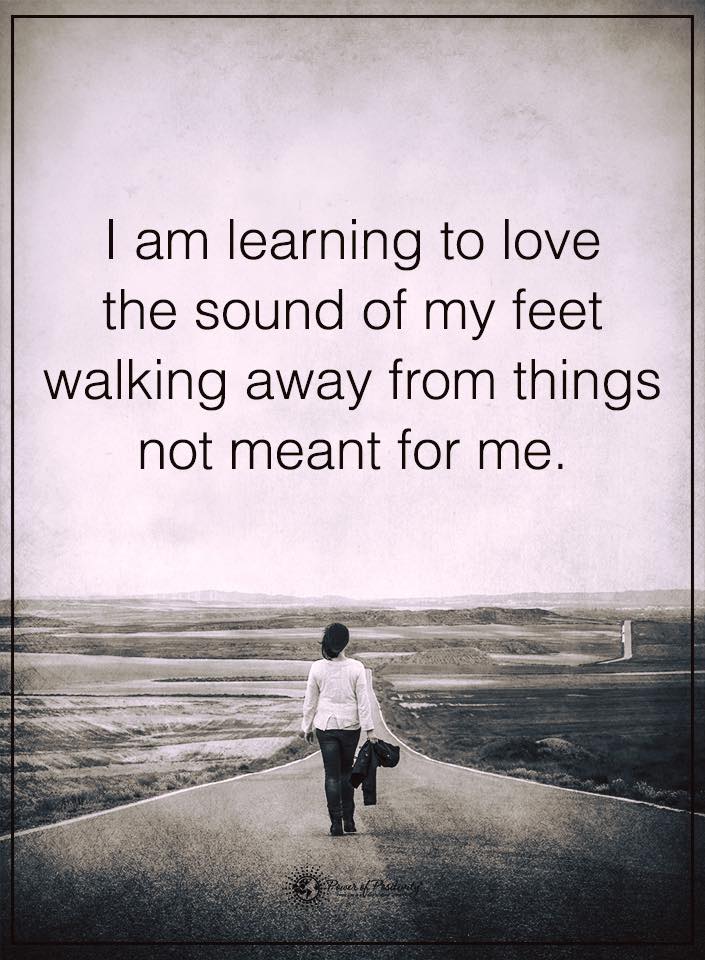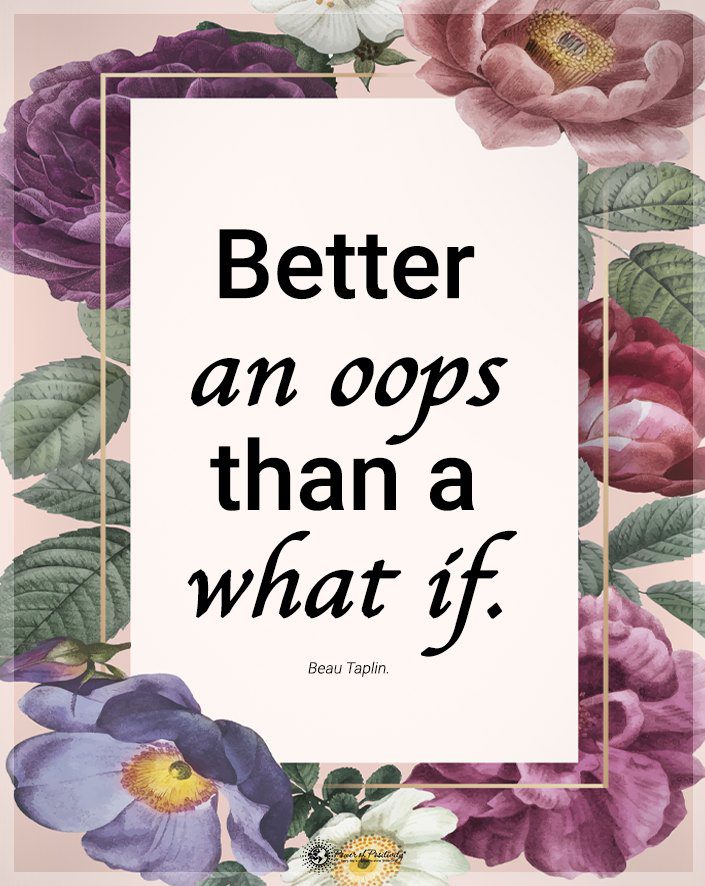What is an empath?
An empath is a very sensitive individual. One could say they’re almost psychic-like in their ability to innately feel and perceive the emotional and cognitive state of others.
While one cannot say for certain, it isn’t beyond reason that some of the most influential humanitarians in history are genuine empaths.
Jesus, Buddha, Mohammad, Beatrice Webb, St. Francis of Assisi, Gandhi, Mother Theresa, Nelson Mandela, Harriet Beecher-Stowe … the list goes on.
One defining characteristic of history’s empaths (who were also humanitarians, more often than not) is their need to feel the pain of others. For it is only through feeling this pain that they can resonate with it.
St. Francis of Assisi, born into a wealthy family, gave up all of his wealth and worldly possessions. So he then joined the city’s homeless population, or “beggars.”
“He could not help noticing the contrast between the opulence and lavishness within – the brilliant mosaics, the spiral columns – and the poverty of the beggars sitting outside. He persuaded one of them to exchange clothes with him and spend the rest of the day in rags begging … it was one of the (great) empathy experiments in human history.”
Indeed, empaths are the salt of the earth.
But is there a dark side of being extremely sensitive?
Yes, as we will explain shortly.
The Dark Side of The Sensitive Person: What Every Empath Must Know About Themselves
em-path: (chiefly in science fiction) a person with the paranormal ability to apprehend the mental state of another individual. ~ Oxford Dictionaries
An unlikely pair: narcissists and empaths
Narcissism is defined as:
“a psychological condition characterized by self-preoccupation, high self-esteem, a distinct lack of empathy, excessive self-admiration, and a tendency towards selfish or resentful behaviors.”
Narcissists are self-absorbed, manipulative, controlling, and egotistical.
How in the heck can a narcissist be related in any way to an empath?
Ironically, it’s the highly sensitive nature of both types.
An empath’s compassionate nature supplies their emotional pain but also fuels their abundance of empathy, compassion, consideration, and loving-kindness.
A narcissist’s extremely reactive and overly- sensitive nature breeds the opposite behaviors and emotions: bitterness, resentment, and even a need for vengeance.
This next point is important: the sensitive nature of both types of people contributes to their inner pain and suffering. A narcissist’s pain is a result of a bruised ego.
An empath’s pain results from the emotional and cognitive processing of suffering outside of themselves.
What’s the “connection”?
As unlikely as it may seem, narcissists and empaths frequently cross paths in life.
Why is this?
First, the obvious: narcissists are good at “sniffing out” other peoples “weaknesses.” It’s a tragic fact of humanity: the self-absorbed often prey on the selfless.
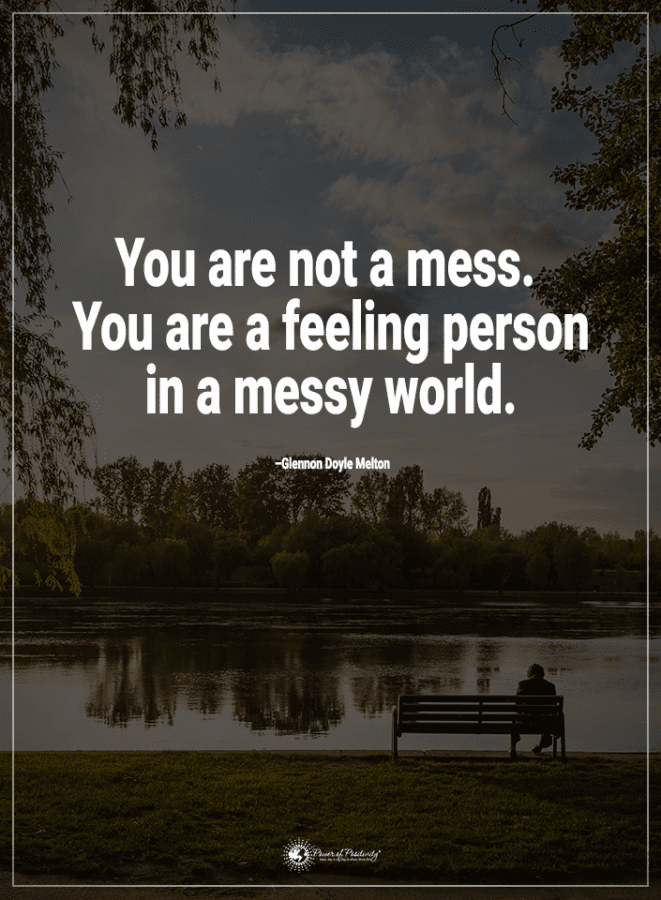
Is there anything more to this strange link?
Well, if you believe in “yin and yang,” “nature’s balance,” karma, in other words – then you’re probably nodding your head “yes.”
The Law of Attraction, and, in many ways, the laws of physics, thermodynamics; energy are also at play. How?
The Nobel Prize-winning theoretical physicist Max Planck once said of consciousness:
“I regard consciousness as fundamental. I regard matter as derivative of consciousness. We cannot get behind consciousness. Everything that we talk about, everything that we regard as existing, postulates consciousness.”
It’s difficult to overrule one of the greatest minds in the history of science. In fact, flocks of scientists are just now catching up to Planck’s hypothesis.
Here’s a simple example of Planck’s theory: DNA. Every atom and subatomic particle within our DNA, while not (it is thought) able to perceive or feel, actively seek out each other for the organism (us) to live.
How does this relate to narcissists and empaths?
Consider the proton and electron particles. Protons (positive particles) and neutrons (neutral) are in the center or nucleus of the atom.
Electrons, the negative particles, “are located in the electron cloud which surrounds the nucleus of an atom (of protons and neutrons) accounting for most of the space an atom occupies.”
Now, we needn’t delve into the mystic or unknown. However, the relationship between opposing particles within an atom is similar to that of positive and negative people. This association, of course, includes empaths, narcissists, and many other personalities.
If Planck and numerous other top scientists are indeed correct, the chemical structure of the simplest matter in the universe may just have everything to do with every known relationship.
Final Thoughts on the Dark Side of Being a Sensitive Person
The dark side of being an empath is that they’re surrounded by negative energy – and negative people – of the world. As a result, the laws of nature direct empaths to help maintain the “balance” of humanity.
Even if it means they must sometimes suffer as a consequence.
To all empaths out there, you are loved. You are strong. And the planet is so fortunate to have you.
Blessings.

